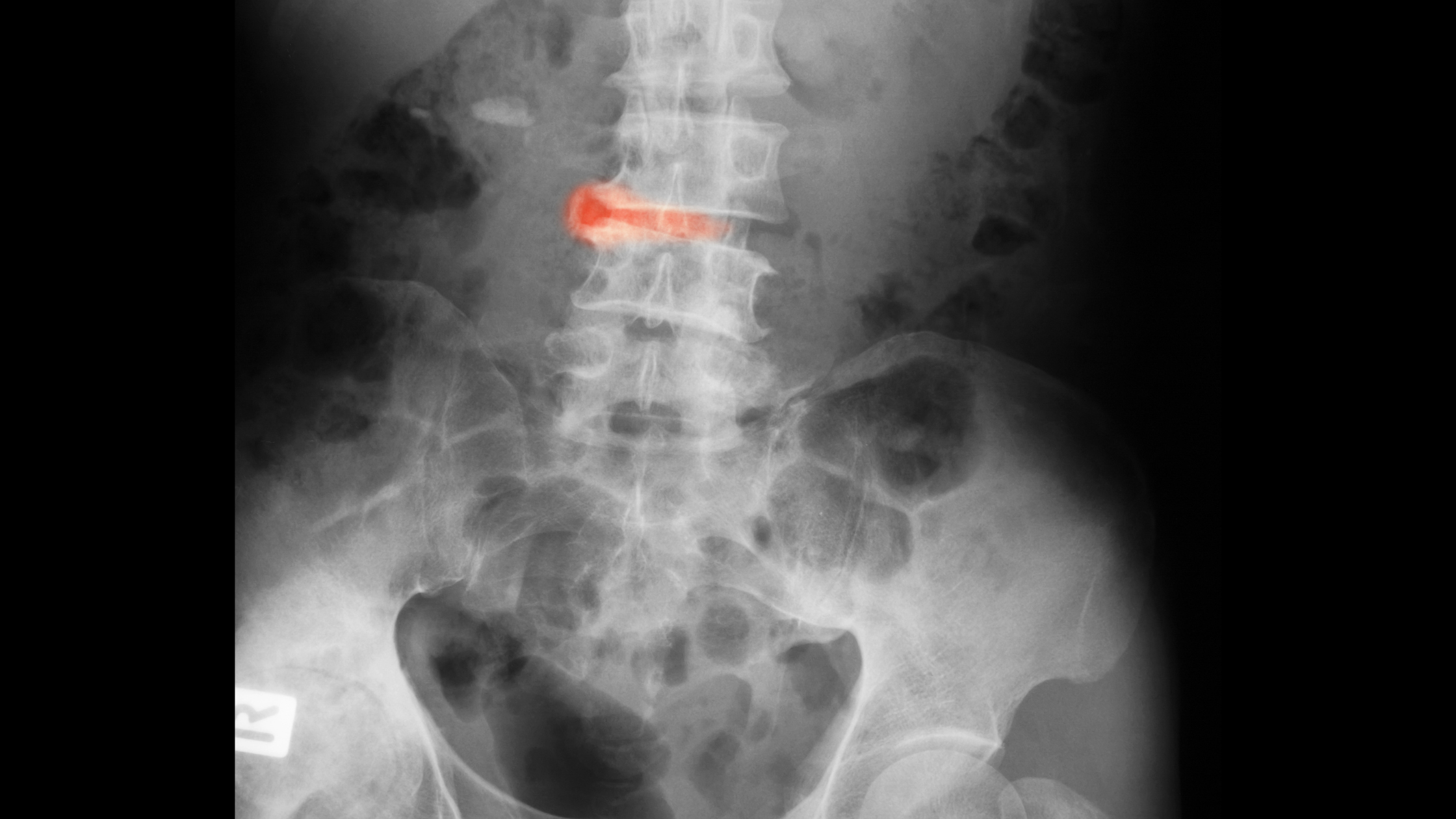
Ankylosing spondylitis (AS) is an inflammatory disease of the spine. It is strongly connected to sleep, as the symptoms of AS - pain, stiffness, and depression - can severely disrupt sleep.
AS is fairly rare, as only 0.2%-1% of people in the US have it. Up to 91% of individuals who have it report sleep problems. Restful sleep is important for everyone, and could really help limit the inflammation that worsens AS. Continue reading to learn more about the connection between sleep and AS.
How does AS affect sleep?
Symptoms associated with AS include low back pain and stiffness, joint pain, and depression. Often times these symptoms are worse with lying down and improve with movement.
People with AS feel stuck between worsening sleep problems and increasing discomfort that continues night after night. The increased fatigue and brain fog just continues to worsen without relief.
Not only does AS lead to the aforementioned symptoms, but also is linked to sleep apnea, which is a sleep-related breathing disorder that also causes chronic sleep deprivation. Research shows that those with AS are 3x more likely to develop obstructive sleep apnea than people without. Sleep apnea involves the relaxation of the muscles in the back of the throat which blocks airflow. Sleep apnea is associated with pauses in breathing or periods of shallow breathing. These all culminate into excessive daytime sleepiness and sleep deprivation.
On a less severe level, one can also have sleep apnea-hypopnea syndrome. This is a minor version of obstructive sleep apnea that involves shallow breathing episodes, or hyponea. Sleep apnea has 100% blockage whereas hypopnea involves at least a 30% reduction in airflow and blood oxygen levels. Similarly to sleep apnea, this can lead to fragmented sleep.
Also, high disease activity can lead to worse sleep. AS disease activity is defined by the number of inflammatory markers that a person has in their blood. This is associated with more sleep disturbances and a higher burden of disease.
Treatments of AS-Induced Sleep Issues
If a lack of sleep is becoming so severe that you are unable to function throughout the day, then you need to seek help from your healthcare provider. They may recommend certain treatments for your sleep deprivation, including:
- Medication: Medications that treat AS reduce pain and inflammation. They also slow disease progression. The most common treatments include non-steroidal anti-inflammatory drugs (NSAIDs), or biologics, including tumor necrosis factor (TNF-inhibitors) and corticosteroids can also be prescribed.
- Exercise: High-intensity exercise, like cardiovascular workouts and strength training has improved sleep in people with AS.
- Cognitive behavioral therapy: CBT is the first-line treatment for insomnia. It has the most long-lasting effects and can help you identify negative thoughts and behaviors towards sleep. For example, they will get you to believe that you can get a good night's sleep, and then do the behaviors that increases your likelihood of doing so.
- Continuous Positive Airway Pressure (CPAP) therapy: CPAP therapy is the gold standard for treating sleep apnea. A sleep study is required to diagnosis it, and then after it's confirmed, you will begin CPAP therapy. CPAPs provide counter-pressure during exhale to keep your muscles from collapsing, thus decreasing the number of pauses in breathing throughout the night.
- Relaxation techniques: Not getting sleep and having chronic pain can be extremely stressful. Relaxation techniques, like deep breathing exercises, can help your mind and body relax before going to bed. This can reduce some of the inflammation and muscle tension that will only make sleeping more impossible.
- Practice good sleep hygiene: Sleep hygiene is a set of behaviors that you do to get ready for bed. This includes going to sleep and waking up at the same time everyday, having a good sleep environment that is clean, quiet, dark, and cold, and taking time to relax before bed. Reducing your screen time, alcohol and caffeine intake, and avoiding stimulation from exercise or intense/stressful content can also help.
If you struggle with extreme pain from AS that is interrupting your sleep, then please click the orange button to take a free online sleep test and talk with one of our sleep health professionals.
https://www.verywellhealth.com/sleep-and-ankylosing-spondylitis-6823364

